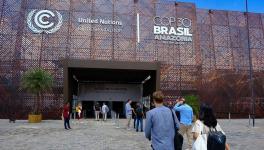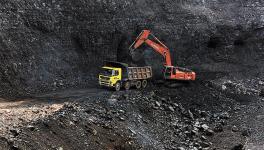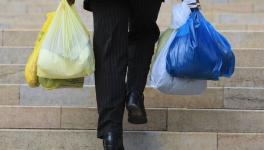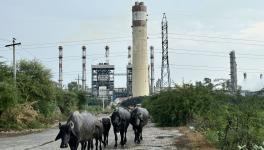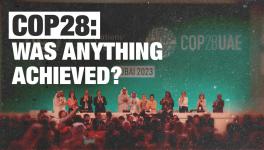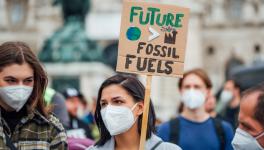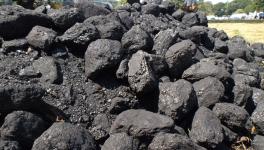Plastic Certificates: Greenwashing or a Step to Climate Neutrality?
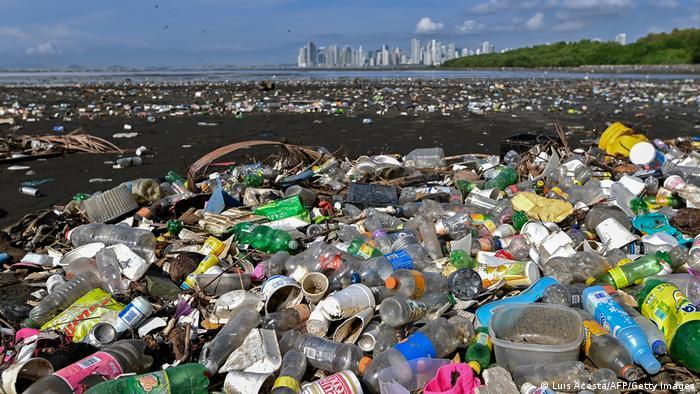
Plastic waste has become a feature of seas and beaches around the world
Plastic waste and microplastics are everywhere. On Mount Everest, in Arctic ice and the deepest ocean trenches, in the stomachs of animals, in our food, drinking water and even our blood. Such ubiquity is a reflection of how much plastic we make, which is now 200 times more than back in 1950. And so far, we have only managed to recycle around 9% of it.
Experts have long been warning that we can't recycle our way out of the global plastic crisis, but some companies and NGOs are now offering companies the chance to become "plastic neutral" by offsetting. It's a growing industry.
How plastic offsetting works
Companies looking to offset their plastic pay a fee to NGOs and companies in the plastic offset sector. This money is used to collect a corresponding amount of plastic either from the service providers themselves or from third-party providers in developing countries. In some cases the plastic is also recycled.
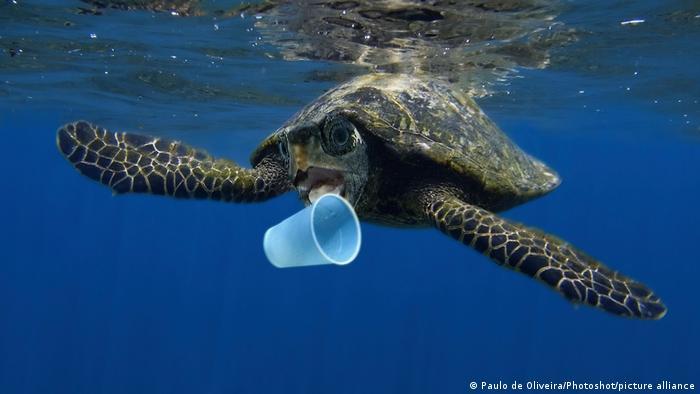
Marine life is also endangered by plastic waste
These service providers offer their customers so-called plastic neutral certificates or plastic "collection credits."
One of the pioneers in the market is the New York-based company rePurpose Global. When companies invest in its collection and recycling programs, they receive a "plastic neutral” certificate which means they can then market their own products as such. Conversely, however, they can continue to use plastic at the same time.
In a statement to DW, rePurpose Global said it does not certify companies that don't share "a genuine commitment to reducing plastic use," and that it provides brands and companies with "ethically recycled plastic" from its "impact projects, to support their move towards 100% circular supply chains."
Alix Grabowksi, Director of Plastic and Material Science at conservation group WWF, says it would be logical to expect that products claiming to be plastic neutral have no impact in terms of waste. "But that's not really the case."
"I think it's quite misleading for a company to make a claim like plastic neutral when you could still find their products in nature," she says.
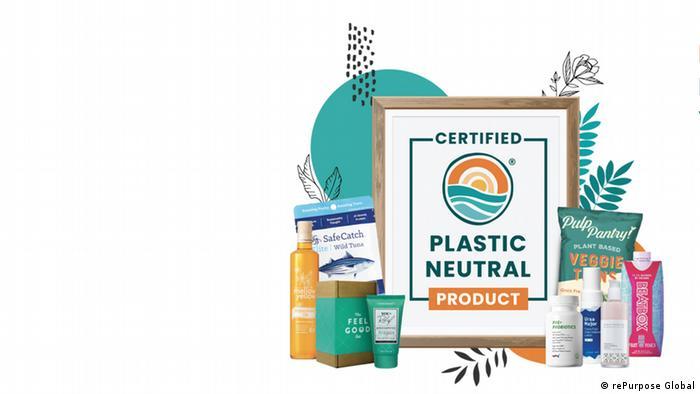
Companies certified as "plastic neutral" support better waste concepts, but they can continue to use plastic packaging
Is plastic-offsetting just greenwashing?
Market analysis by the US NGO "The Circulate Initiative" sees a clear risk of greenwashing, above all due to a lack of transparency. Of 32 offsetting projects studied, just three make the connection between climate change and plastic consumption.
Tom Zoete from the environmental organization Recycling Netwerk Benelux is also skeptical.
"The entire life cycle of plastic is associated with resource consumption, petroleum and energy to produce plastic, transport and so on," Zoete told DW, adding that only those who do not consume plastic can be "plastic neutral."
What is not always clear with such offsetting schemes, is what happens to the plastic itself, and so far there have been no studies detailing the impacts.
rePurpose Global claims to collect seven million kilograms of plastic per year that would otherwise have ended up in the environment. Of that, it says 100% of the recyclable plastic is made into clothing, trash cans or materials for road and housing construction.
What can't be recycled is burned to create a source of energy for the cement industry, replacing coal in the process. Critics say this merely amounts to one dirty fuel being replaced by another, and that it adds to air pollution.
For Grabowski of WWF, the marketing tools are more of a problem than the actual projects, many of which she says are working to improve waste management and wages in the places most affected by plastic pollution.
This March, 200 countries reached the first ever consensus on mandatory rules for plastic production, consumption and disposal by 2024. WWF called the agreement historic.
Recycling 'myth'
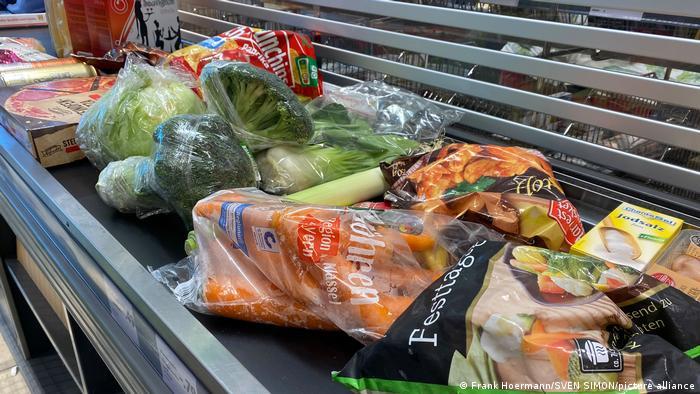
Products and packaging made of plastic: The petrochemical industry earns as well
99% of plastic is made using fossil fuels, and the industries involved in its manufacture have a vested interest in continued manufacture. Not least since the International Energy Agency predicts that petrochemicals will soon be the biggest driver of petroleum demand.
This spring, Rob Bonta, the Attorney General of the State of California, launched a far-reaching investigation against ExxonMobil.
He has accused the oil giant of having known for decades about the dangers posed by plastics and of engaging in an "aggressive campaign" to perpetuate the "myth that recycling can solve the plastics crisis."
ExxonMobil denies the allegations.
This article was originally published in German.
Get the latest reports & analysis with people's perspective on Protests, movements & deep analytical videos, discussions of the current affairs in your Telegram app. Subscribe to NewsClick's Telegram channel & get Real-Time updates on stories, as they get published on our website.









